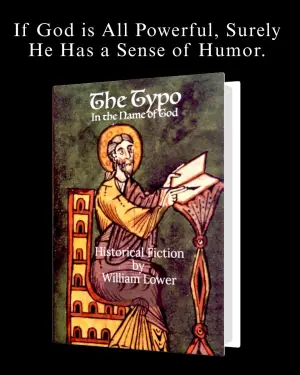A Dive into the Ethereal World of Japanese Noh Dramas
As a lover of literature that intertwines storytelling with rich cultural and artistic traditions, I was immediately drawn to Japanese No Dramas by Royall Tyler. There’s something almost hypnotic about the world of Noh theatre, a form flourishing in Japan during the 14th and 15th centuries that combines music, dance, and an intriguing visual aesthetic. It felt like peeling back layers of time, where every nuance and gesture holds untold significance. This collection of 24 plays does just that—offering a window into the profound beauty and complexity of human emotions and spiritual connections.
The themes in Tyler’s translations resonate on a deeply personal level. Central to the plays is the intricate tapestry of relationships—be it between men and gods or lovers yearning for connection. What struck me most was how these ancient narratives transcend time, swirling around ideas of desire, greed, and familial ties that remain deeply relevant today. Each play feels like a poetic meditation, momentarily freezing time as we watch characters grapple with eternal questions. I often found myself pausing to reflect after certain passages, absorbing the weight of centuries of thought distilled into just a few lines.
Tyler’s writing style is as much an artform as the Noh plays themselves. His translations flow with elegance, balancing clarity with the somber beauty typical of the original works. The pacing of the collection is particularly noteworthy; each play, often under a dozen pages, invites you to pause and savor before diving into the next. Tyler’s insightful introductions and footnotes provide invaluable context, helping to ground the reader while exploring the philosophies underpinning each piece. In a review, one reader described the experience perfectly: “The poetry of Matsukaze alone is enough to convince one of the literary value.” As I read it, I found myself mesmerized by its lyrical grace.
Another highlight was Tyler’s knack for creating vivid imagery through language. Phrases danced off the page, and amid the rhythmic cadence, readers could almost hear the haunting sounds of the Noh theatre. Quoting one enthusiastic admirer: “Every detail, from set construction to the ritual motions, heightens the poignancy of the plots.” In these moments, I understood how the ritualized format of the plays was integral to their impact—an emotional experience meticulously crafted.
If you find yourself curious about the depths of human connection, spirituality, and the arts, then Japanese No Dramas is your gateway. The collection feels like an intimate conversation with the past, one that invites reflection and understanding. It appealed to my senses, making me yearn to learn more about Noh theatre and the rich cultural landscape it springs from. While it may not be ubiquitous in Western literary discussions, this collection deserves a seat at the table—its significance is timeless, exploring themes that echo universally through the ages.
In conclusion, whether you are a student of literature, an aficionado of theatrics, or just someone eager for a profound literary experience, Japanese No Dramas offers a treasure trove of insights. I walked away from this book not only entertained but enriched, carrying its echoes within me like a lingering note from a distant flute. Dive in, and allow yourself to be transported to a world where every whisper holds a story, and every silence speaks volumes.







